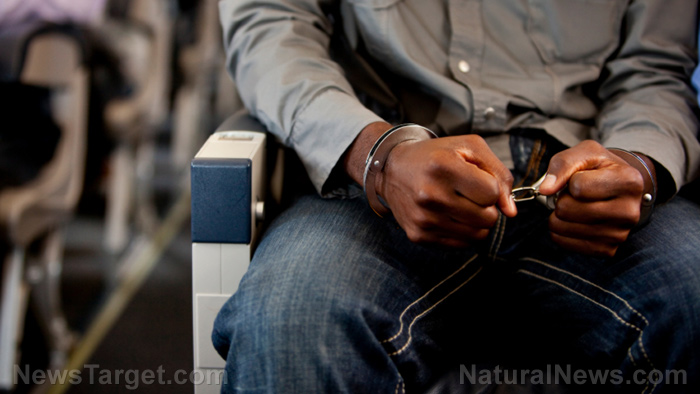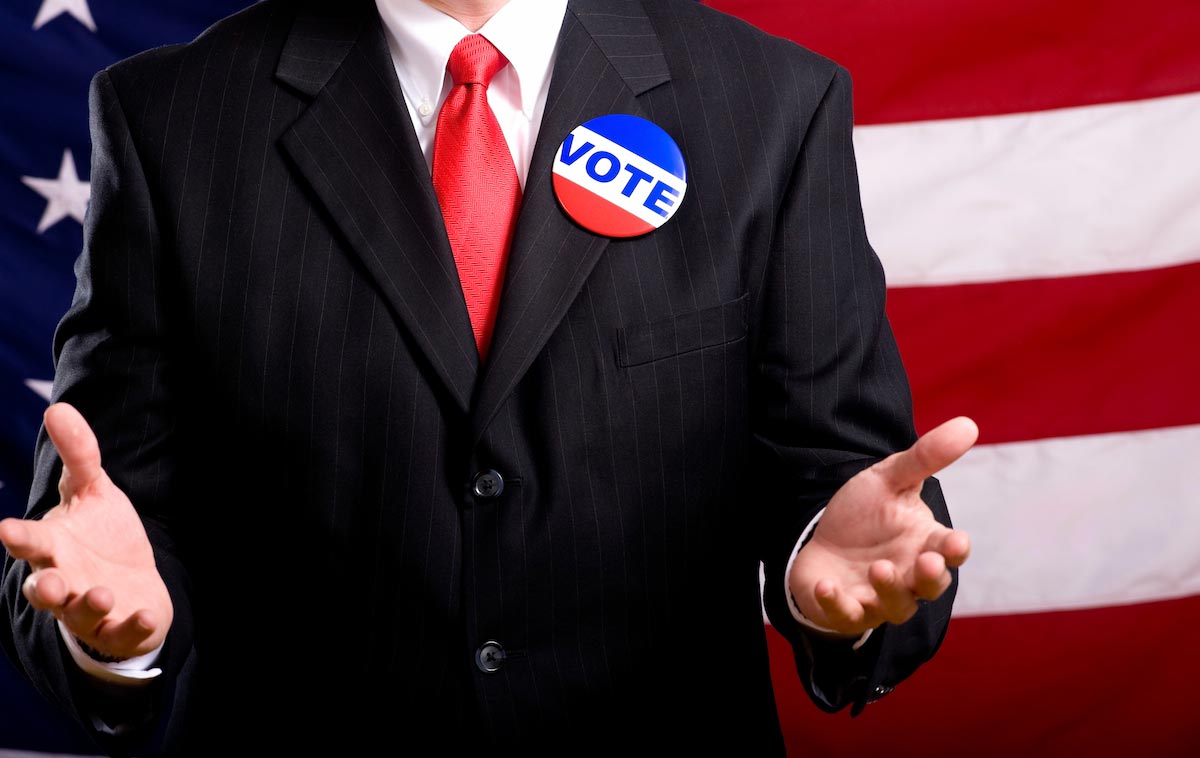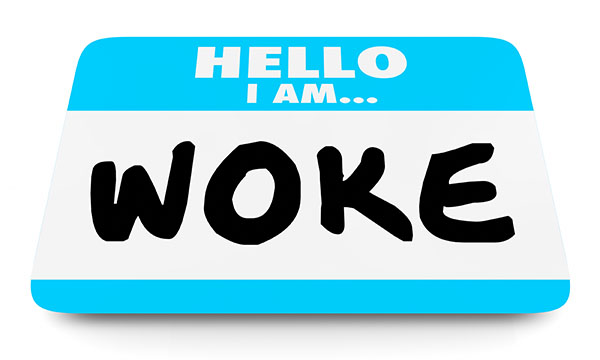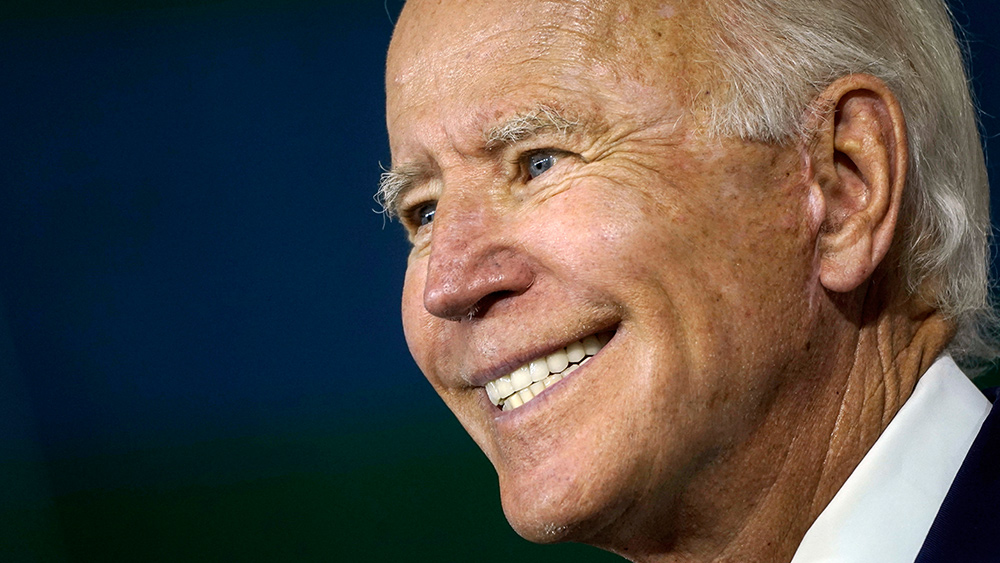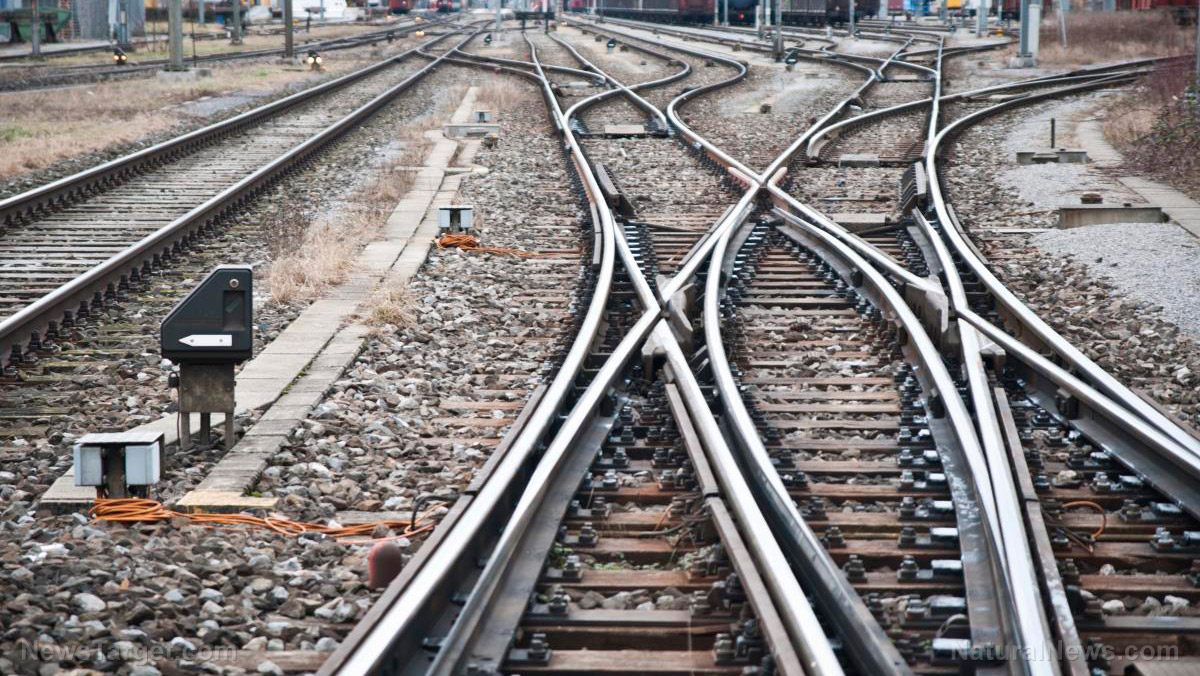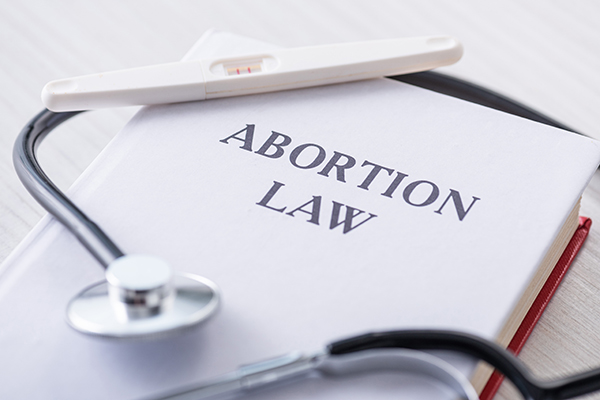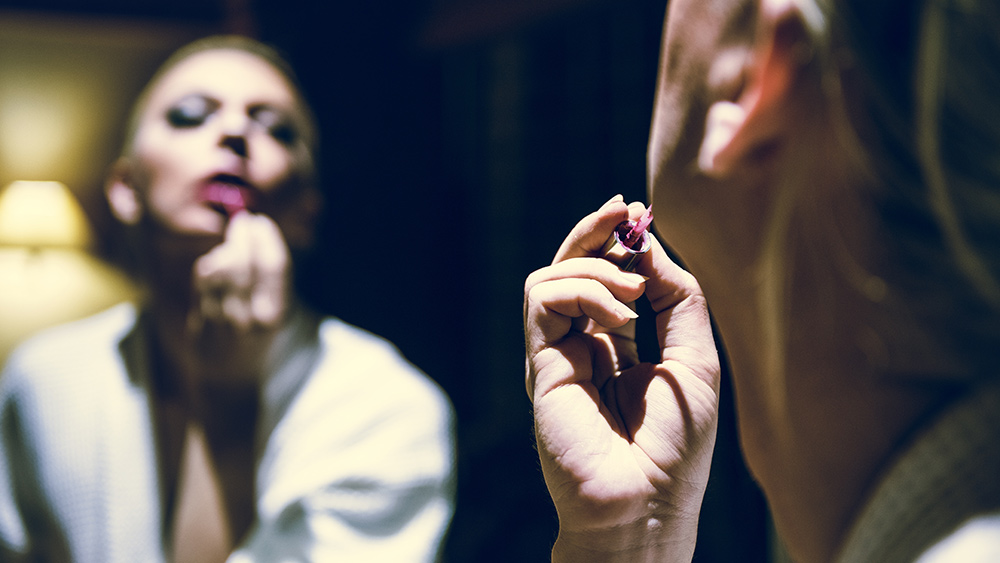INSANITY: Washington State Supreme Court rules passing the bar no longer a requirement to be a lawyer
03/24/2024 / By Arsenio Toledo

The Supreme Court of Washington on Friday, March 15, approved several ways for prospective attorneys to bypass the bar exam in a decision that adds momentum to a burgeoning liberal-led movement to allow alternative paths to licensure for aspiring lawyers.
This comes following a report by the Washington State Bar Licensure Task Force, which determined that the bar exam “disproportionately and unnecessarily blocks marginalized groups from entering the practice of law” and is “at best minimally effective for ensuring competent lawyers.” (Related: Yale Law School prof sounds alarm, says rule of law collapsing in U.S. as “woke” institutions produce grads who shun facts for popular opinion.)
“In addition to the racism and classism written into the test itself, the time and financial costs of the test reinforce historical inequities in our profession,” wrote the task force in its report proposing the change, released in February.
The task force was appointed in 2020 to study alternative ways to show competency in the law after pandemic-related restrictions and modifications to the bar exam and licensing “caused many to question the efficacy of the current exam,” according to a report from the Washington Administrative Office of the Courts.
The goal of the task force was to improve trust in the legal profession, reduce barriers to entry into the legal field, and “advance the cause of diversity, equity and inclusion.”
Court approves three alternatives to the bar exam
The justices approved “in concept” three alternative licensing pathways – two exclusively for graduates of law schools and a third option for law clerks who don’t attend law school.
The first option is a new apprenticeship program for law school graduates. They can work under the supervision of a professional lawyer for six months and then submit a portfolio of work for evaluation and complete three state-approved courses.
The second option is for law students to complete 12 credits worth of skills coursework and 500 hours of legal work before graduation. They must then submit a similar portfolio of work to the State Bar for licensing. This allows these law students to graduate practice-ready.
The final path is for law clerks who do not attend law school. They can become attorneys by completing standardized educational materials and tests under the guidance of a professional lawyer who acts as their mentor. In addition, they must also complete 500 hours of work as a legal intern.
Furthermore, the Supreme Court has also decreased the minimum score needed to pass the state bar from 270 to 266. This reduction was temporarily put in place during the pandemic but has now been made permanent.
The changes have not come into effect yet. Officials are working on a timeline for when these alternatives become available.
Anthony Varona, dean of the Seattle University School of Law and a vocal proponent of alternative licensing, said the new options approved and being developed and considered in multiple states protect the public, address a “serious legal deserts problem” and “help remedy the fairness and bias concerns with the traditional licensure.”
The concern over the lack of lawyers is very important in Washington. State Supreme Court Justice Raquel Montoya-Lewis noted in a statement that new attorneys are “desperately needed around the state.”
Previous reports have also indicated that the state’s public defense system is “in danger of breaking down” from ongoing staffing shortages, which have left an alarming number of defendants in Washington waiting behind bars without an attorney. In some instances, the lack of public defenders has resulted in cases being dismissed without prosecution.
Other states also considering allowing bar exam bypasses for aspiring lawyers
Washington is not the first in the United States to approve alternatives to the traditional bar exam for aspiring lawyers.
Back in November, Oregon adopted an apprenticeship pathway for law school graduates. Under this program, law graduates have to spend 675 hours working under the supervision of an experienced attorney. After that, they must create a portfolio of legal work. Bar officials will grade this portfolio as their alternative to the traditional bar exam. Oregon’s apprenticeship path becomes available for law school graduates to take in May.
Both states join Wisconsin and New Hampshire, which for years have offered law graduates a way to become licensed without taking the bar exam.
In California, the State Bar is hoping to pilot an apprenticeship program in which law school graduates would complete 700 to 1,000 hours of supervised legal practice and submit a portfolio of work to be graded by the State Bar. This proposal is awaiting approval by the state supreme court.
Courts in Minnesota and Utah are currently also considering proposals to approve alternative licensing pathways for aspiring attorneys, while Nevada and South Dakota are in the process of developing their proposals for their courts.
Watch this clip from Newsmax as attorney Alan Dershowitz discusses how lawyers are being penalized for their political opinions.
This video is from the News Clips channel on Brighteon.com.
More related stories:
Johns Hopkins ERASES women from new woke language guide, refers to them as “non-men.”
Sources include:
Submit a correction >>
Tagged Under:
absurd, alternative licensure, attorney licensing, attorneys, bar, bar exam, big government, chaos, Collapse, culture wars, Dumbed Down, education, idiocracy, insanity, judicial system, law, law school, lawyers, left cult, Libtards, rule of law, social justice, stupid, Washington, wokies
This article may contain statements that reflect the opinion of the author
RECENT NEWS & ARTICLES
COPYRIGHT © 2018 LUNATICS.NEWS
All content posted on this site is protected under Free Speech. Lunatics.news is not responsible for content written by contributing authors. The information on this site is provided for educational and entertainment purposes only. It is not intended as a substitute for professional advice of any kind. Lunatics.news assumes no responsibility for the use or misuse of this material. All trademarks, registered trademarks and service marks mentioned on this site are the property of their respective owners.

